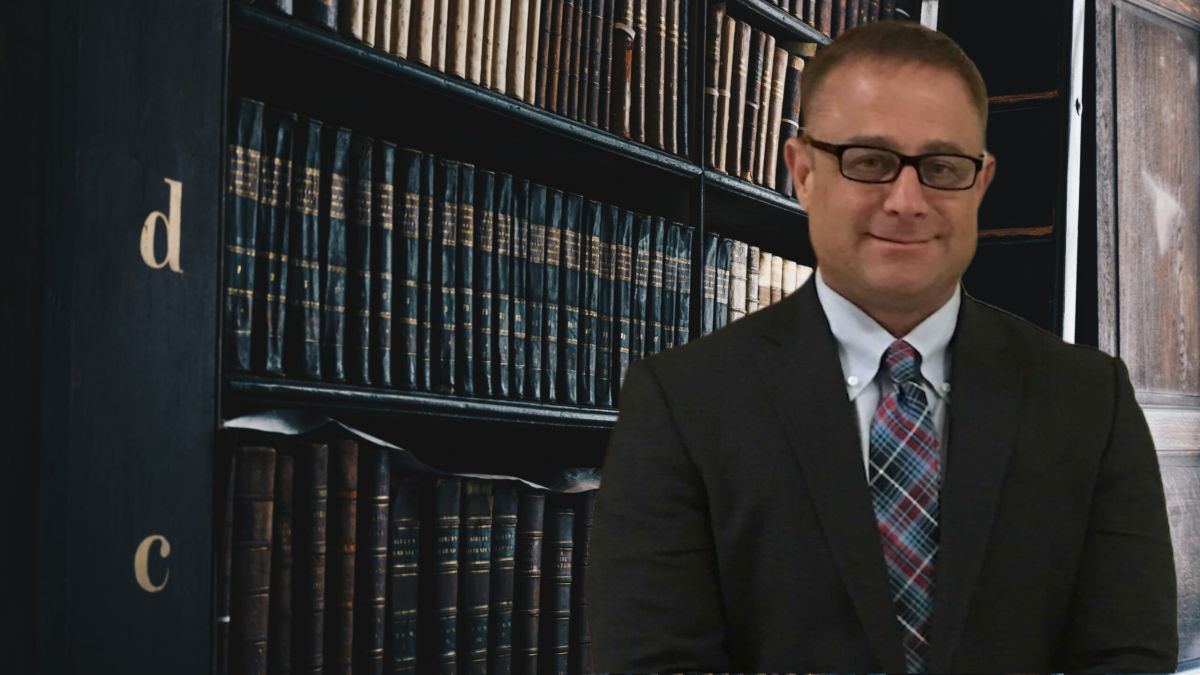
Judge Used ChatGPT to Make Decision. Is It Ethical to Use AI for Rulings?
Artificial intelligence is making leaps in all industries and fields, but many did not expect AI to end up in a court. In January 2023, a judge in Colombia used ChatGPT to help them make a legal decision. Let’s go over the details of this extraordinary court session with Ehline Law and our personal injury attorneys.
Colombian Judge Uses ChatGPT to Assist in Court Ruling in a Case Involving an Autistic Child
According to a court document dated January 30, Colombian Judge Juan Manuel Padilla Garcia used an AI tool while presiding over a court session in First Circuit Court in Cartagena. Judge Juan Manuel Padilla Garcia used ChatGPT to pose legal questions pertaining to a case and used the AI tool’s response to help him with the decision.
Although technological advancements are always welcome, such actions by Judge Juan Manuel Padilla Garcia sparked alarm in the legal work. The Judge used the AI tool to help him decide a case involving an autistic child, Salvador. According to the court documents, the Judge asked ChatGPT whether the health insurance company could deny payments to the autistic child considering his parent’s limited income.
Jude Incorporates AI’s Response and Own Legal Arguments to Give Verdict
Judge Padilla asked the AI tool, “Is an autistic minor exonerated from paying fees for their therapies?” to which ChatGPT responded that autistic minors, under Colombian regulations, are exempted from making any medical payments.
Padilla continued to ask many other questions, considered the answers, and included applicable legal precedents before concluding the proceedings by ruling in favor of Salvador.
AI Does Not Replace a Judge’s Decision but Saves Time Spent Drafting Judgments, Judge Argues
What’s surprising is that the Judge stated that the level of expertise and skills provided by ChatGPT is similar to what a legal secretary would offer, helping improve response time in the justice system. In an interview given to Blu Radio, Padilla defended the use of ChatGPT, stating that it was not a threat but could aid legal professionals by facilitating or drafting texts rather than replacing them.
Judge Used ChatGPT to Make Court Decision: Is Artificial Intelligence to Help Make Legal Decisions Ethical?
ChatGPT is an Open Artificial Intelligence that interacts in a conversational way, helping create human-like text, and is fine-tuned with supervised and reinforcement learning techniques.
Professor Juan David Gutierrez of Rosario University, an expert in Artificial Intelligence, expressed his concerns over using ChatGPT to make legal decisions. He stated that he asked the bot the same legal questions posed by Judge Padilla, and the answers were completely different from what it had given Padilla.
Such discrepancy in the answers suggests that it is irresponsible and unethical for a Judge to use AI tools to give a court decision. Even Open AI agrees that its bot is susceptible to mistakes but can become better with time due to its powerful machine-learning capabilities. However, Judge Padilla believes that the other judges and the legal system will soon follow in his footsteps in adopting the technology to construct rulings ethically.
Surprisingly, Microsoft’s multi-billion dollar investment came after it laid off more than 10,000 workers, with many experts believing that AI has put the livelihoods of highly paid workers at risk. It is replacing white-collar workers at a much higher rate than anticipated, and no one can stop this technological revolution from changing the global labor market.
The company Open AI released ChatGPT to the public in November 2022, amassing more than a million followers within the first week of its release. Like any machine learning tech, it uses data sets to train itself and improve, allowing it to provide human-like answers to questions.
Although the accuracy of ChatGPT varies depending on the task, it can work with any problem given to it, making it a serious concern for colleges and universities. Professors and teachers believe that the application can promote cheating in educational institutions after the University of Minnesota professors put it to the test by asking it questions they prepared for a law exam. ChatGPT managed to answer all those questions and averaged a “C+” grade on typical student exam papers. The bot accurately described legal cases and cited laws, rules, and regulations to answer exam questions. According to the professors, the bot could prepare legal documents without the hassle and write software codes.
That’s not all. ChatGPT scored higher than most MBA graduates when tested by Penn’s elite Wharton School professors, averaging a respectable “B-” grade. Following such tests, experts have started raising concerns over the devastating impact ChatGPT could have on the labor market, especially in sectors such as finance, education, graphic design, tech, and software.
Machine learning requires massive data sets to train on, and these should be inclusive/unbiased and of good quality. Although the technology is promising, especially when a Big Tech like Microsoft announced a multi-billion dollar investment, it is still in its infancy.
Schedule a Free Consultation with Ehline Law
In most cases, judges have absolute immunity, and plaintiffs cannot sue them for monetary damages. However, in some cases where the Judge’s decision violates the laws, a civil rights attorney can help assess your case and determine whether you have grounds to sue.
Ehline Law and our personal injury attorneys practice personal injury law, and we help injured victims get the compensation they deserve. If you’ve suffered injuries due to another’s negligence or wrongdoings, contact us at (833) LETS-SUE for a free consultation, as you may be able to seek compensation.
